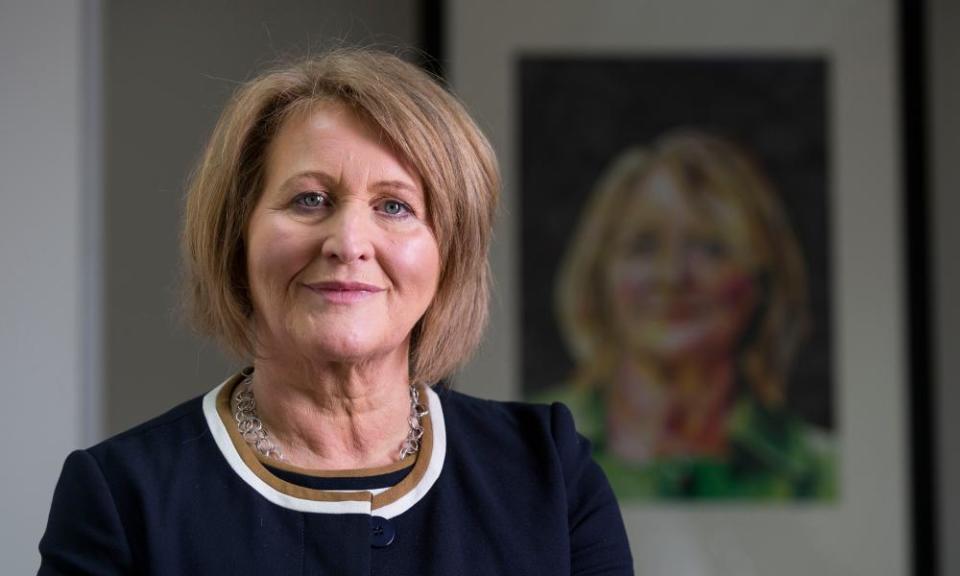Children's mental health services in England 'unable to meet demand'

Mental health services in England do not have the capacity to cope with the impact of the coronavirus pandemic on children, Anne Longfield, the children’s commissioner for England, has warned.
Despite an expansion in the four years before the pandemic, the supply of treatment for child mental health problems was already falling well short of demand, with referrals rising 35%, but treatments only increasing by 4%, the watchdog said as she called for a “rocket boost” in funding.
Longfield cited an NHS study before the latest national lockdown, which found one in six children had a probable mental health condition and said it is highly likely that the level of underlying mental health problems will remain significantly higher as a result of the pandemic, with an increase in referrals to NHS services already observed last autumn.
“Even before the Covid pandemic, we faced an epidemic of children’s mental health problems in England and a children’s mental health service that, though improving significantly, was still unable to provide the help hundreds of thousands of children required,” Longfield said. “It is widely accepted that lockdown and school closures have had a detrimental effect on the mental health of many children.”
An NHS Digital report published last year found that probable rates of mental disorders among children and young people has increased by almost half since 2017, with Covid and lockdown identified as aggravating factors.
Longfield said the latest lockdown “will be causing even more damage to many children’s mental wellbeing and putting even greater strains on mental health services, potentially for years to come”.
In 2019/20, 538,564 children were referred for help, an increase of 35% on the previous year and nearly 60% up on the year before that. The numbers getting treatment are also increasing but at a much slower rate. In 2019/20, 391,940 children received treatment.
Longfield said the pandemic had shown that some mental health services for children can be provided digitally and that in some areas, there are vastly improved services for children.
But she said the pandemic meant the government’s plan to offer NHS-led counselling in schools to up to a quarter of the country by 2023 is not ambitious enough. She repeated her call for an NHS-funded counsellor to be installed in every school as quickly as possible.
A government spokesperson said: “This has been an exceptionally difficult year and we are absolutely committed to supporting the mental wellbeing of children and young people who have been uniquely impacted by this pandemic.
“Early intervention and treatment is vital, and we are providing an extra £2.3bn to help an additional 345,000 children and young people access NHS-funded services or school and college-based support.
“Alongside this, we are training a new dedicated mental health workforce to support children in schools and colleges across the country, as well as giving staff the resources to teach what good mental and physical health looks like.”

 Yahoo Finance
Yahoo Finance